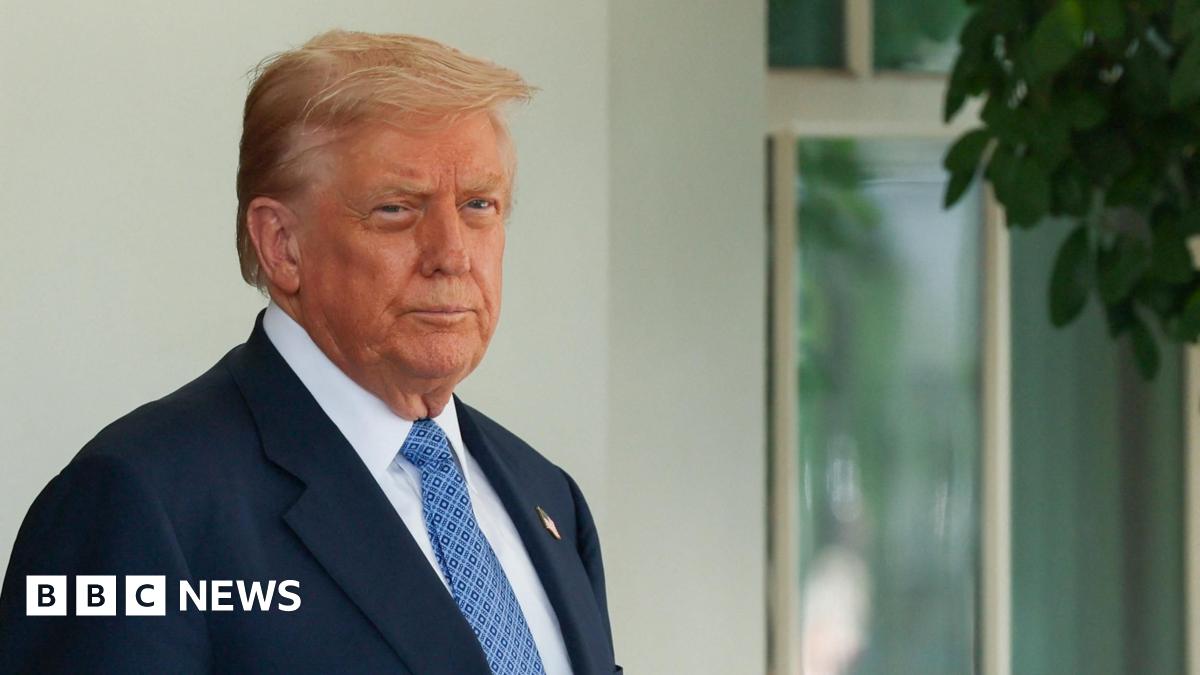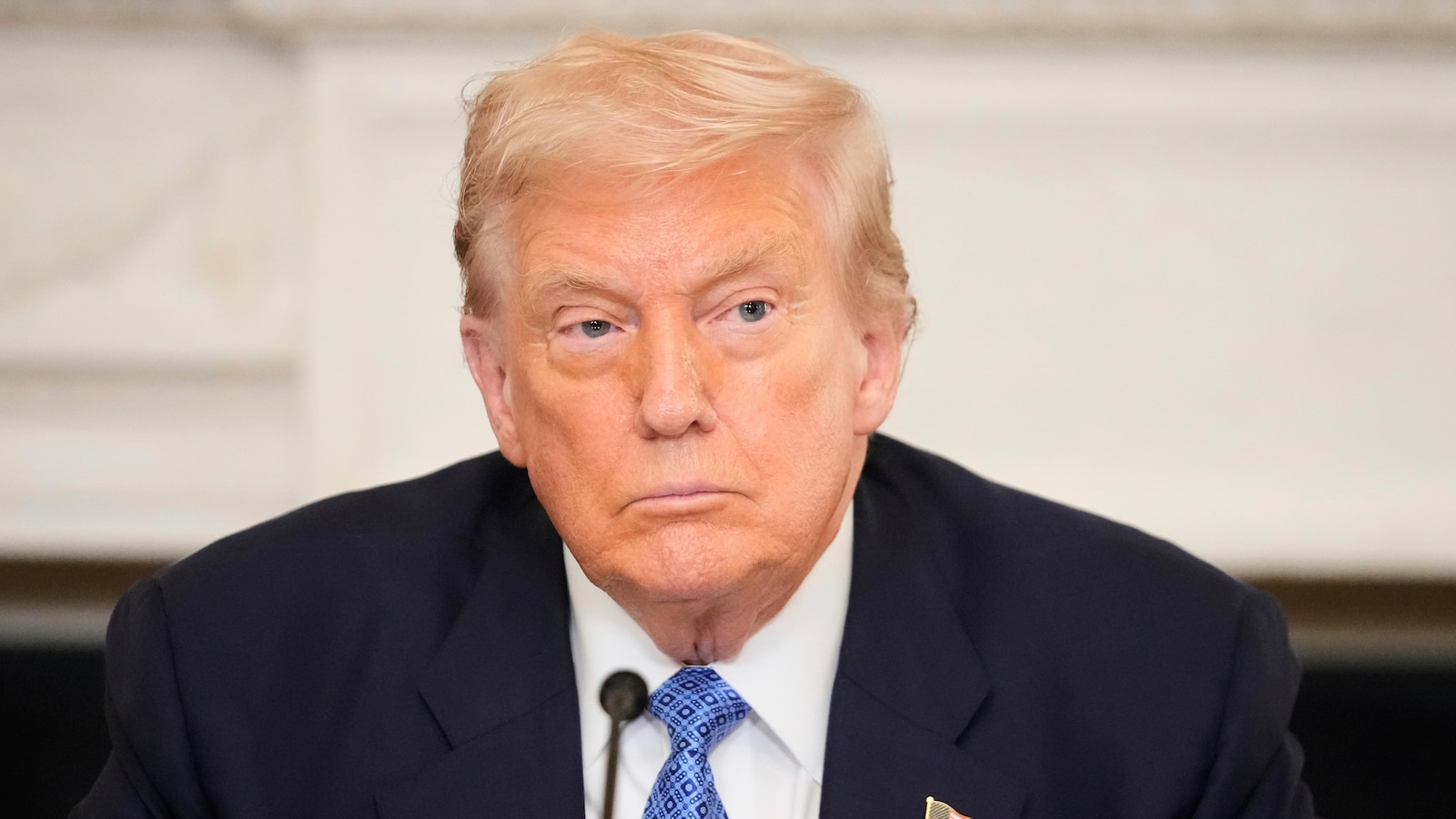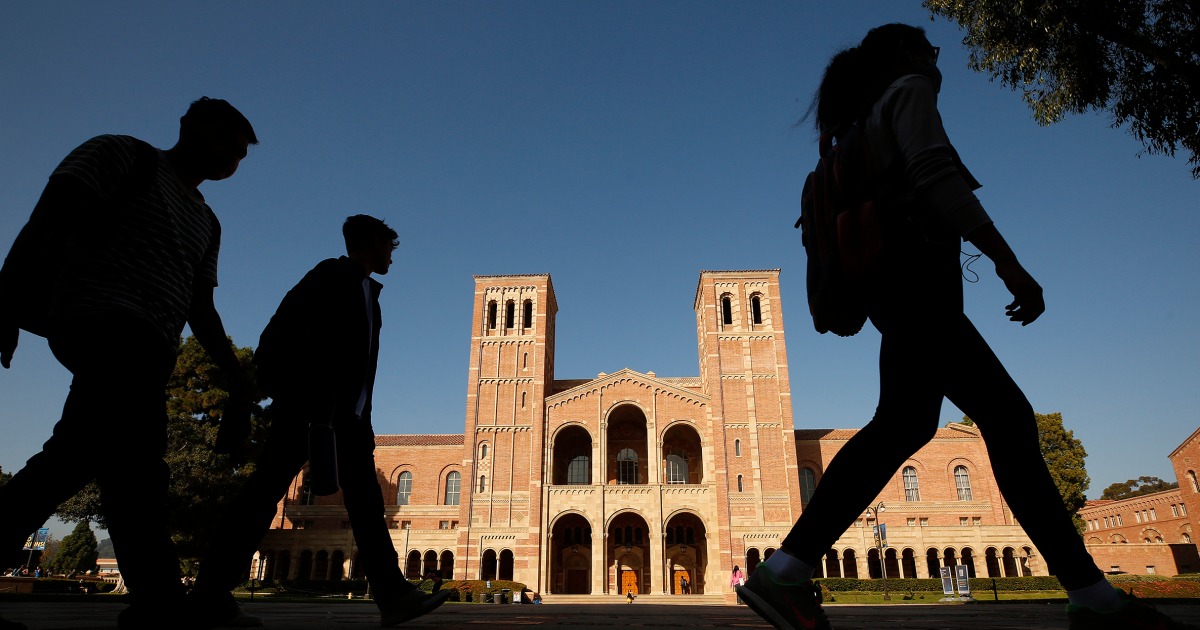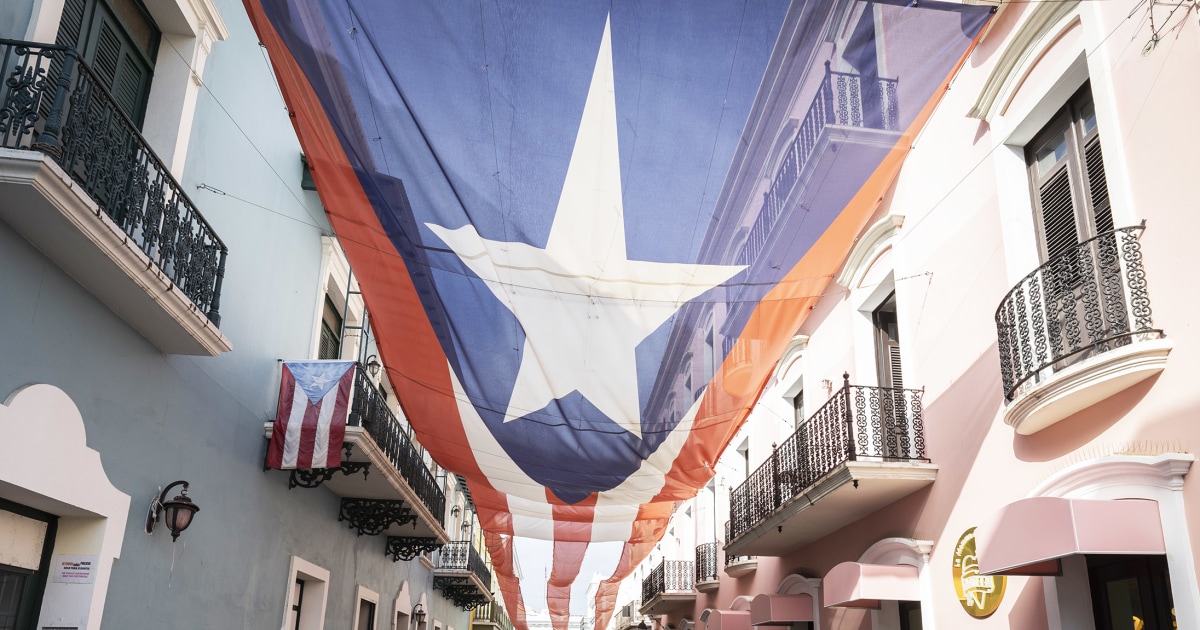Trump Administration Makes Deal with Mexico on Drug Cartel Members
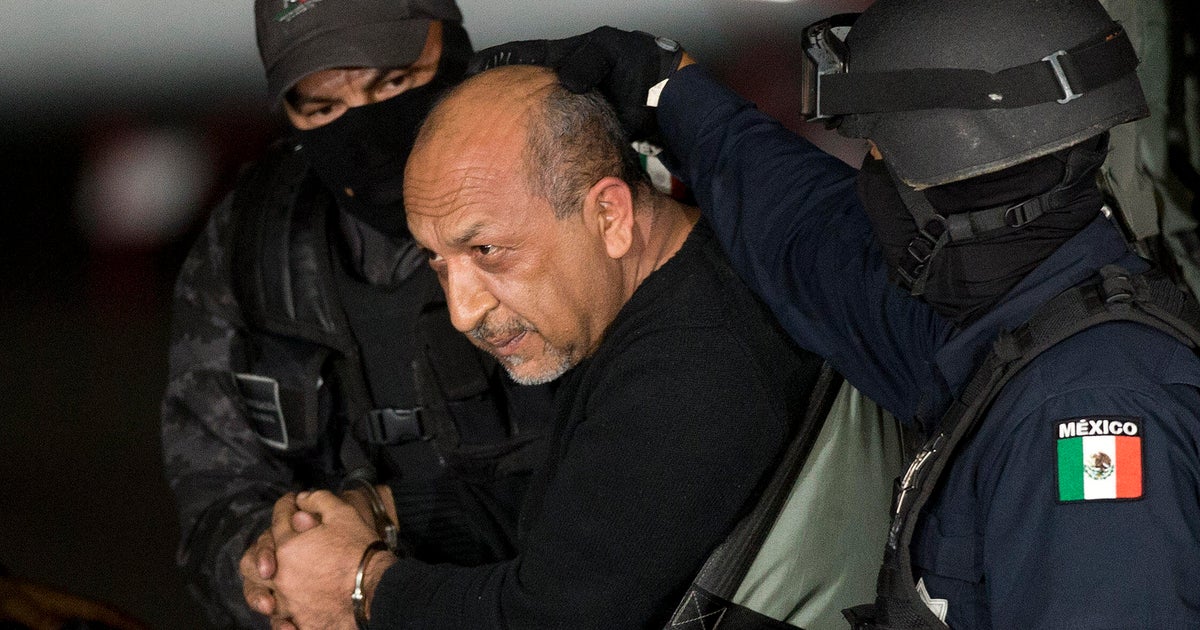
Introduction
In a significant development, the Trump administration has reached a deal with Mexico to send 26 members of notorious drug cartels to the United States. This move marks a milestone in the administration's efforts to dismantle dangerous drug cartels and combat the increasing drug trafficking and violence in the country. The decision also highlights the growing cooperation between the two nations in addressing this critical issue.
Main Content
The transfer of these cartel members is a result of the increased pressure from the Trump administration on Mexico to crack down on drug cartels. The U.S. has been pushing for Mexico to take a stronger stance against these criminal organizations, and this move is seen as a positive step towards achieving that goal. The U.S. Justice Department has made it a priority to target these cartels, which are responsible for a significant portion of drug-related crimes and violence in the country.
Impact
The transfer of these cartel members is expected to have a significant impact on the operations of these criminal organizations. By sending them to the U.S., they will face harsher penalties and stricter law enforcement, making it more difficult for them to continue their illegal activities. This decision also sends a strong message to other drug cartels that their actions will not be tolerated and that the U.S. is committed to taking strong action against them.
About the Organizations Mentioned
Trump Administration
The **Trump Administration** refers to the executive branch of the United States government under President Donald J. Trump, covering two non-consecutive periods: his first term from 2017 to 2021 and his second term beginning in 2025. As an organization, it is responsible for executing federal laws, shaping public policy, and managing national affairs during its tenure. During the **first Trump Administration (2017–2021)**, the administration pursued a wide-ranging agenda focused on immigration reform, economic nationalism, deregulation, judiciary appointments, and foreign policy shifts. Key actions included building and expanding the U.S.-Mexico border wall—completing 458 miles by January 2021—and implementing strict immigration policies such as travel bans from several predominantly Muslim countries and rescinding the DAPA amnesty program[2]. The administration withdrew the U.S. from the Trans-Pacific Partnership trade deal, renegotiated NAFTA into the USMCA, and signed the "Buy American and Hire American" executive order to prioritize American workers[1][3][5]. Judicially, Trump appointed three Supreme Court justices—Neil Gorsuch, Brett Kavanaugh, and Amy Coney Barrett—significantly influencing the federal judiciary with over 200 judicial appointments[5]. The administration also focused on military expansion, combating ISIS, addressing the opioid crisis, and responding to the COVID-19 pandemic with vaccine development support[5]. Foreign policy was marked by controversial decisions including troop withdrawals from northern Syria, reinforced support for Saudi Arabia, and tensions with Iran and North Korea[4]. The administration faced two impeachments: first in 2019 over Ukraine dealings and again in 2021 following the January Capitol riot; Trump was acquitted by the Senate both times[4][5]. After losing the 2020 election, Trump returned for a **second term starting in 2025**, continuing his policy priorities with new regulatory changes and political appointments[6][8]. The Trump Administration
Mexico
**Introduction to Mexico as a Country and Economy** Mexico is not an organization but a country, and it plays a significant role in global business and technology. With a population of nearly 130 million, Mexico is one of the largest economies in the world and the second largest in Latin America[1]. The country is known for its rich cultural heritage, diverse geography, and abundant natural resources. **History and Economic Overview** Historically, Mexico's economy has grown at an average annual rate of just over 2% between 1980 and 2022, which is relatively slow compared to other emerging economies[1]. Despite this, Mexico has a strong manufacturing base and is integrated into global value chains, particularly in the automotive and electronics sectors. **Key Achievements and Current Status** - **Economic Growth**: Despite recent challenges, Mexico's economy surprised with a 1.8% growth in the first half of 2025, driven by export growth and a resilient services sector[2]. However, the outlook remains cautious due to anticipated trade policy shifts and economic slowdown in the U.S.[1][2]. - **Poverty Reduction**: The official multidimensional poverty rate has decreased from 43.2% in 2016 to 36.3% in 2022, driven by labor market improvements and increased remittances[1][5]. - **Challenges**: Mexico faces significant challenges, including high income inequality, a low tax-to-GDP ratio, and a struggling energy sector[5][2]. **Notable Aspects** - **Investment Climate**: The government aims to reduce the fiscal deficit, which could impact investment decisions[6]. Constitutional changes and regulatory uncertainties have eroded trust in foreign investment[3]. - **Technology and Innovation**: Mexico has opportunities for growth in technology and innovation, particularly in sectors like IT services and renewable energy, though it faces challenges in infrastructure and regulatory environments. Overall, Mexico presents a complex economic landscape with both opportunities and challenges
U.S. Justice Department
The **U.S. Department of Justice (DOJ)** is a federal executive department established in 1870 to enforce federal laws and ensure justice across the United States. Headquartered in Washington, D.C., it employs over 115,000 people and operates with a budget exceeding $22 billion as of recent years[1][6][7]. Led by the Attorney General, a Cabinet member reporting directly to the President, the DOJ sets national priorities for federal law enforcement and legal policy[4][6]. The DOJ's core mission is to **uphold the rule of law, protect civil rights, keep the country safe, and ensure impartial justice**. It accomplishes this by prosecuting federal crimes, managing federal prisons, overseeing civil litigation involving the government, and supporting state, local, tribal, and international law enforcement agencies[1][2][6][7]. The department includes major investigative arms such as the Federal Bureau of Investigation (FBI), Drug Enforcement Administration (DEA), and Bureau of Alcohol, Tobacco, Firearms and Explosives (ATF), each specializing in different enforcement domains including counterterrorism, cybercrime, drug trafficking, and violent crime[1][2][5]. Historically, the DOJ evolved from the Office of the Attorney General created in 1789, with its expanded responsibilities leading to its formal establishment in 1870 during Ulysses S. Grant’s presidency[3][4]. Over time, it has become a pivotal institution in American criminal justice and national security, managing a broad portfolio from civil rights enforcement to antitrust regulation and environmental law[2][4]. Notable aspects of the DOJ include its extensive global reach, with offices in over 50 countries, and its commitment to values such as independence, integrity, respect, and excellence in public service[6]. It plays a critical role in both domestic and international law enforcement collaboration, balancing national security concerns with protecting constitutional rights[1][3][6]. In the business and technology
